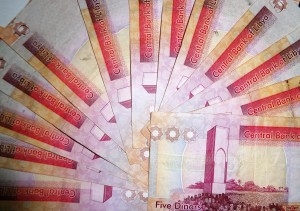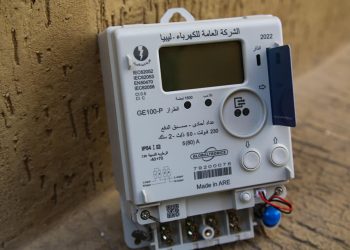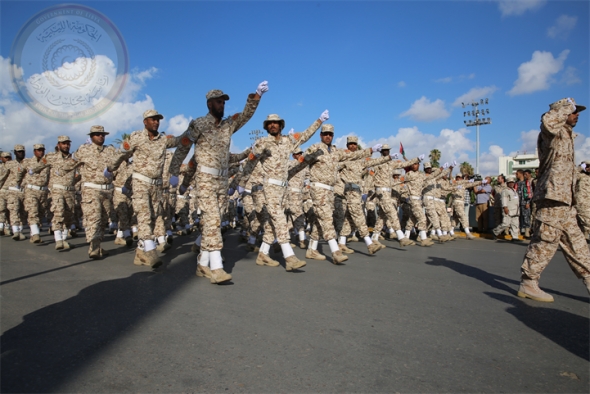By Saber Ayyub.

Tripoli, 14 August 2015:
The Central Bank of Libya (CBL) yesterday announced a number of urgent measures with regard to the . . .[restrict]decline of the exchange rate of the local currency against the main international currencies on the black market.
The announcement followed an extensive meeting in Tripoli revealed yesterday, attended by representatives of local commercial banks, businessmen and officials from the CBL.
The approved plan proposed solutions for the decline in the exchange rate of the Libyan Dinar by providing the banks with hard currency, fighting corruption in the issuing procedures of Letter of Credit (LCs) and supporting local banks in finding ways to provide citizens with debit cards.
“The two mains reasons are the decrease of the export of oil by two thirds and the corruption in the issuing Letter of Credit at commercial banks in which some obtain this benefit in order to import products to the local market but instead they resell the hard currency in the black market by using these credits” CBL Media office manager Essam Al-Oul said.
Salem Ali, a 50-year-old Tripoli resident with six children, says that he is fed up with price increases due to the decline of the dinar. “It is always ordinary people who pay the price of any crisis” he said disconsolately.
As part of its proposed reform plans, the CBL promised to provide all local banks with enough foreign currency to meet the general public’s demand for use for medical, study and tourism purposes.
The CBL has also proposed a new mechanism for issuing LCs in order to decrease the corruption in that sector as well as reorganizing the process of the issuing of debit cards. The whole issue of the issuance of debit cards has become a black market racket.
It will be recalled that Libya has been suffering an acute financial crises due to political and military infighting, a crash in its oil production as well as a crash in international crude oil prices. The fall in Libya’s oil revenues and failure to cut spending has meant that it has suffered recurring budget deficits.
These deficits have had to be subsidised from Libya’s 100 bn plus foreign currency surplus amassed by the Qaddafi regime over decades.
However, the high demand on foreign currency has meant that the CBL is tightening the outflow of foreign currency to the general public which has in turn contributed to the near doubling of the dinar’s black market rate from circa 1.30 to 2.50 per US dollar.
This rocketing of the black market rate has raised the cost of living and eroded Libyans’ purchasing power and has put pressure on the CBL to stem the rise of the dollar’s black market rate. [/restrict]











